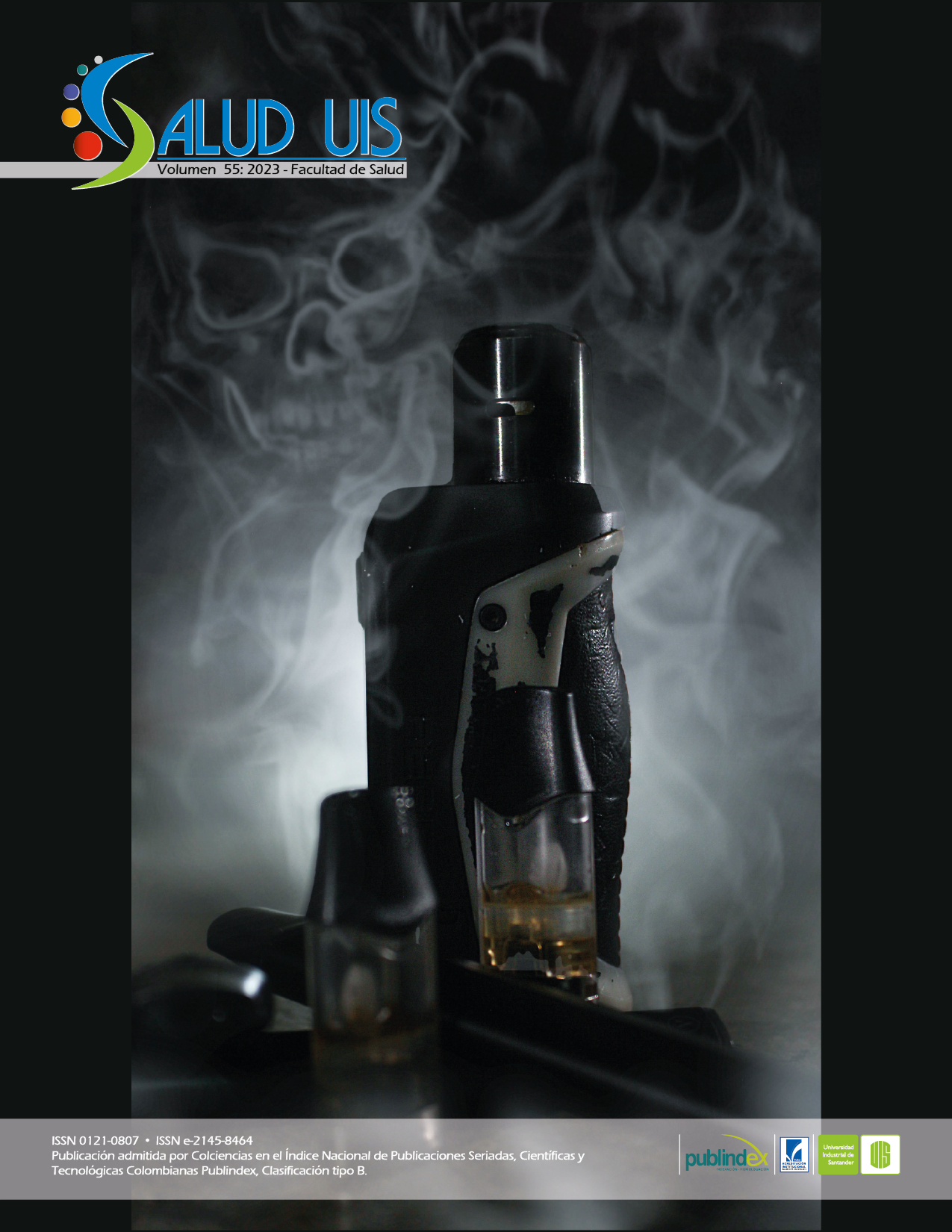Abstract
Introduction: the benefit of basic science courses may depend on students’ perceptions of the importance of these courses in their professional life, therefore, it's necessary to determine the degree of importance that students give to this type of courses. Materials and methods: A questionnaire with 9 statements was presented to 54 dental and medical students. The responses were converted to a numerical scale for analysis. Using a Mann-Whitney U test, differences between students from both faculties were evaluated. Results: The students showed a good opinion of the importance of basic sciences in clinical practice. It was also observed that the proportion of dental students who consider that basic research is not useful for their clinical practice is higher. Conclusion: Students consider the basic sciences necessary for good professional performance.
References
Serrano CM, Botelho MG, Wesselink PR, Vervoorn JM. Challenges in the transition to clinical training in dentistry: An ADEE special interest group initial report. Eur J Dent Educ. 2018; 22(3): e451–457. doi: 10.1111/eje.12324
Garrido CF, Labbé TP, París E, Ríos JA. Formación científica en el pregrado de medicina en Chile: ¿dónde estamos? y ¿hacia dónde vamos? Rev Med Chil. 2020; 148: 1011–1017. doi: https://dx.doi. org/10.4067/S0034-98872020000701011
Norris ME, Cachia MA, Johnson MI, Rogers KA, Martin CM. Expectations and perceptions of students’ basic science knowledge: Through the lens of clerkship directors. Medical Sci Educ. 2020; 30(1): 355–365. doi: 10.1007/s40670-019-00913-z
Grande JP. Training of physicians for the twenty-first century: Role of the basic sciences. Med Teach. 2009; 31(9): 802–806. doi: 10.1080/01421590903137049
Cisternas M, Rivera S, Sirhan M, Thone N, Valds C, Pertuz J, et al. Reforma curricular de la carrera de Medicina de la Pontificia Universidad Católica de Chile. Rev Med Chil. 2016; 144(1): 102–107. doi: https://dx.doi.org/10.4067/S0034- 98872016000100013
Freeman S, Eddy SL, McDonough M, Smith MK, Okoroafor N, Jordt H, et al. Active learning increases student performance in science, engineering, and mathematics. Proc National Acad Sci. 2014; 111(23): 8410–8415. doi: 10.1073/pnas.1319030111
Miller CJ, Aiken SA, Metz MJ. Perceptions of D.M.D. student readiness for basic science courses in the United States: Can online review modules help? Eur J Dent Educ. 2015; 19(1): 1–7. doi: 10.1111/eje.12094
Jalili M, Mirzazadeh A, Azarpira A. A survey of medical students’ perceptions of the quality of their medical education upon graduation. Ann Acad Medicine Singap. 2008; 37(12): 1012–1018.
Ali SAA, Syed S. Teaching and learning strategies of oral histology among dental students. Int J Morphol. 2020; 38(3): 634–639. doi: https://dx.doi. org/10.4067/S0717-95022020000300634
Custers EJ, Cate OT. Medical students’ attitudes towards and perception of the basic sciences: a comparison between students in the old and the new curriculum at the University Medical Center Utrecht, The Netherlands. Med Educ. 2002; 36(12): 1142– 1150. doi: 10.1046/j.1365-2923.2002.01371. x
Team RC. A language and environment for statistical computing [Internet]. Vienna, Austria: Foundation for Statistical Computing; 2013. Available from: https://www.R-project.org/
Henzi D, Davis E, Jasinevicius R, Hendricson W. In the students’ own words: What are the strengths and weaknesses of the dental school curriculum? J Dent Educ. 2007; 71(5): 632–645. https://doi. org/10.1002/j.0022-0337.2007.71.5.tb04320.x
Alam A. How do medical students in their clinical years perceive basic sciences courses at King Saud University? Ann Saudi Med. 2011; 31(1): 58–61. doi: 10.4103/0256-4947.75780
Shankar PR, Dubey AK, Subish P, Pharm M, Upadhyay DK. Medical student attitudes towards and perception of the basic Sciences in a medical college in Western Nepal. JIAMSE. 2007; 17(1): 67–73.
Postma TC, Bronkhorst L. Second-year dental students’ perceptions about a joint basic science curriculum. Afr J Heal Prof Educ. 2014; 7(2): 199– 201. doi: 10.7196/AJHPE.409
Kristensen BT, Netterstrom I, Kayser L. Dental students’ motivation and the context of learning. Eur J Dent Educ. 2009;13(1): 10–14. doi: 10.1111/j.1600-0579.2007.00485.x
Mussalo F, Karaharju-Suvanto T, Mäntylä P, Pyörälä E. biomedical courses should also be designed for dental students: The perceptions of dental students. Dent J. 2021; 9(8): 96. doi: 10.3390/dj9080096
Nieminen P, Sipilä K, Takkinen HM, Renko M, Risteli L. Medical theses as part of the scientific training in basic medical and dental education: experiences from Finland. Bmc Med Educ. 2007; 7(1): 51. doi: 10.1186/1472-6920-7-51
Gillet D, Bérard A, Faivre O, Sarrazy B. Measuring the international spreading of the knowledge produced by French dental master theses. Eur J Dent Educ. 2013; 17(1): 26–29. doi: 10.1111/eje.12003 20. McCrorie P. The place of the basic sciences in medical curricula. Med Educ. 2000; 34(8): 594– 595. doi: 10.1046/j.1365-2923.2000.00737.x

This work is licensed under a Creative Commons Attribution 4.0 International License.
Copyright (c) 2023 Karen Vanessa Muñoz-Chamorro, Zulma Estela Muñoz-Burbano, María Alejandra Narváez-Gómez, Floralba Ortíz-Gómez, David León, Luis Alberto Montenegro-Mora, Cristian Fong
